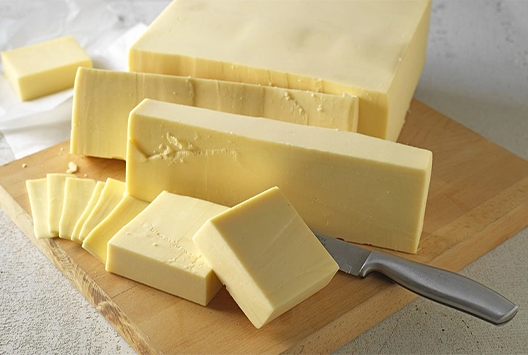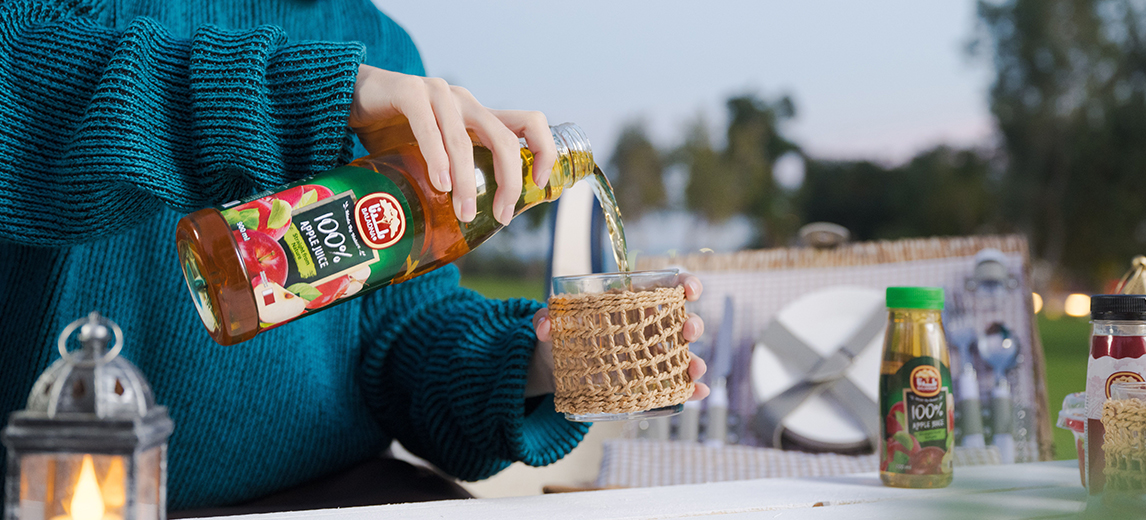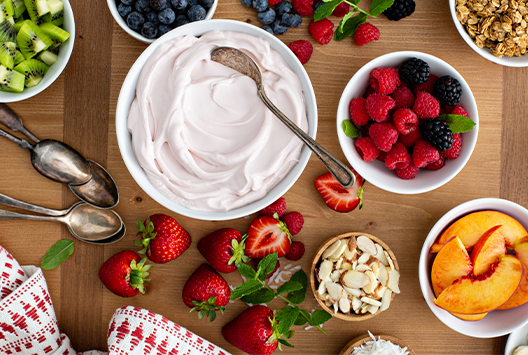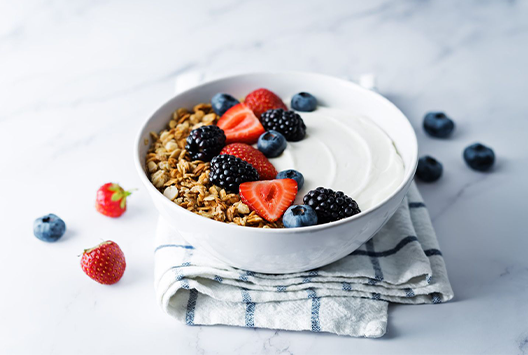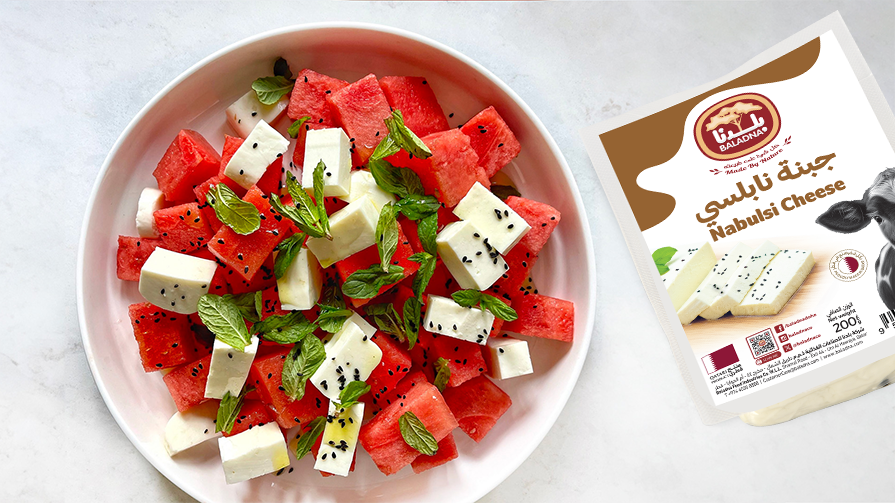
All About Nabulsi Cheese: The Perfect Salad Addition
Similar
When most people think of Nabulsi cheese, they might imagine it melting into a decadent Middle Eastern dessert or paired with olives for breakfast. However, Nabulsi cheese is far more versatile than you might think.
With its firm texture, salty flavor, and satisfying bite, Nabulsi makes the perfect addition to fresh salads, adding a delightful Middle Eastern twist to your greens.
But first, what makes Nabulsi cheese unique?
Originating from the city of Nablus in Palestine, Nabulsi cheese is a semi-hard white cheese, often flavored with mahlab (a cherry seed spice) and nigella seeds. Traditionally, it’s soaked in brine to preserve it, giving it a distinct salty flavor that pairs beautifully with both savory and fresh ingredients. The cheese can be eaten fresh or fried for a crispy outer layer and gooey inside, similar to halloumi.
What makes it so great for salads?
Texture: Nabulsi cheese has a firmer texture, which holds up well in salads without crumbling. This makes it ideal for tossing with vegetables, grains, and even fruits.
Salty, Tangy Flavor: The cheese’s saltiness adds a burst of flavor to otherwise mild ingredients, creating a balanced contrast in your salad.
Versatility: Whether grilled, fried, or used fresh, Nabulsi cheese complements a wide range of ingredients, from leafy greens to grains, fruits, and nuts.
A few creative salad ideas with Nabulsi cheese
1. Nabulsi Cheese & Watermelon Salad
Pair the salty Nabulsi with juicy watermelon cubes for a refreshing summer salad. Add a sprinkle of mint leaves, a drizzle of olive oil, and a dash of lemon juice for a perfect blend of sweet, salty, and tangy flavors.
2. Grilled Nabulsi Cheese Salad with Roasted Vegetables
Lightly grill slices of Nabulsi cheese until golden brown and add to roasted vegetables like zucchini, bell peppers, and eggplant. Toss with a vinaigrette made from lemon juice, olive oil, and a pinch of sumac for a Middle Eastern-inspired salad.
3. Nabulsi Cheese & Arugula Salad
Use the cheese as a salty counterpart to peppery arugula. Add cherry tomatoes, cucumber slices, and red onions, and finish with a simple olive oil and lemon dressing.
4. Nabulsi Cheese & Quinoa Salad
For a heartier salad, combine Nabulsi cheese with cooked quinoa, diced cucumbers, tomatoes, and fresh parsley. Drizzle with olive oil and lemon for a protein-packed meal that’s both healthy and delicious.
If you’re looking to bring a new flavor to your salads, Nabulsi cheese is a great way to introduce a taste of the Middle East into your meals. For the finest Nabulsi cheese, Baladna has you covered. Visit our website to explore our range of products, and find Baladna cheeses in supermarkets across Qatar today!
